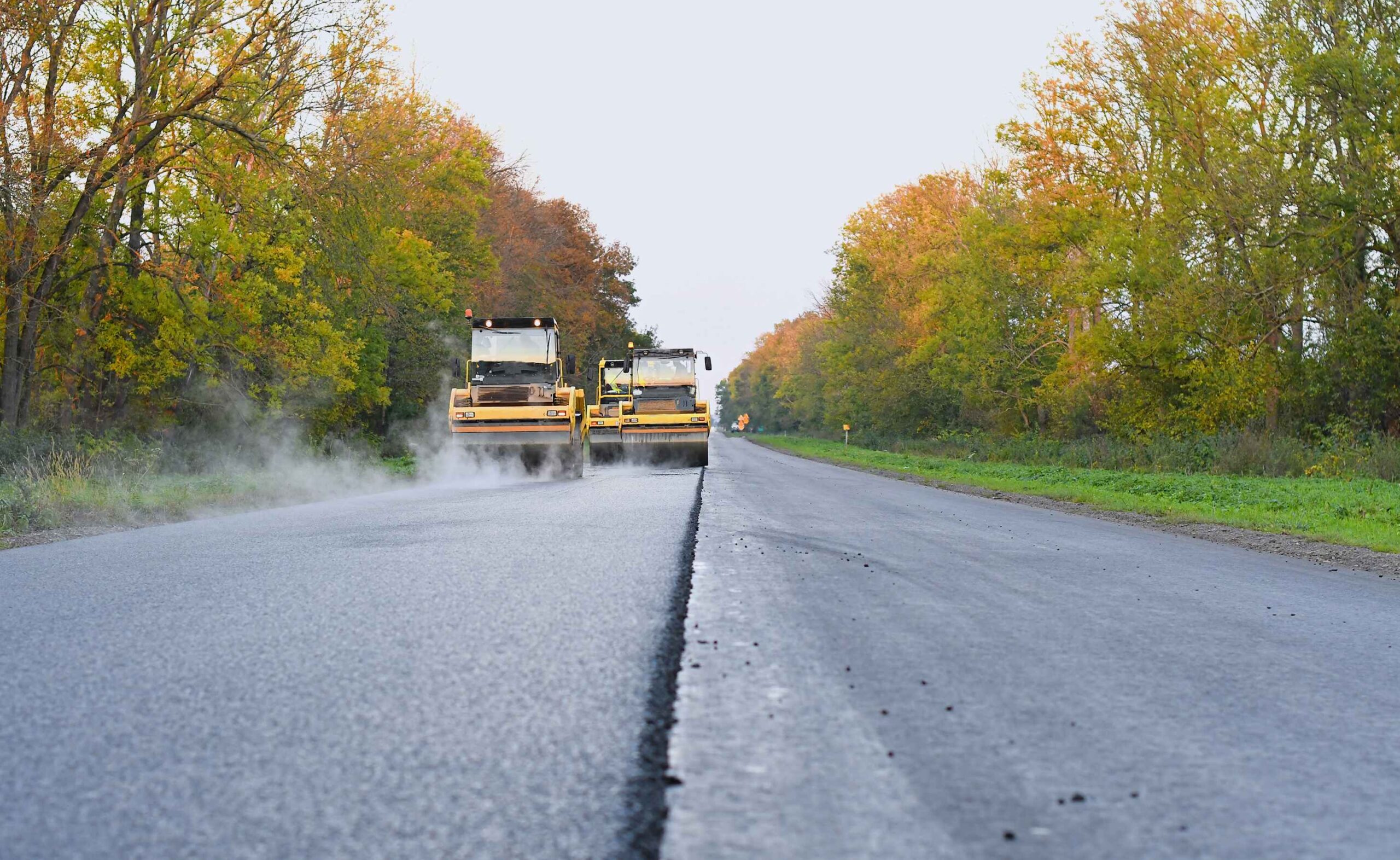
- min min
- No Comments
- August 13, 2025
Understanding Road Surfacing: A Complete Guide for Property Owners and Businesses
Road surfacing is more than just laying asphalt or tarmac — it’s a vital process that ensures roads, driveways, and car parks remain safe, durable, and visually appealing. Whether you’re a property owner, business manager, or part of a local council, understanding the basics of road surfacing can help you make informed decisions when planning new installations or maintenance work.
Why Road Surfacing Matters
A well-surfaced road offers several key benefits:
- Safety – Smooth, even surfaces reduce the risk of accidents caused by potholes or uneven ground.
- Durability – Professional surfacing can withstand heavy traffic and extreme weather for many years.
- Aesthetics – A neat, freshly surfaced area can significantly enhance the appearance of your property or premises.
By investing in proper road surfacing, you protect both users and your long-term finances by avoiding frequent repairs.
Different Types of Road Surfacing
Tarmacadam (Tarmac)
- Popular for its durability and cost-effectiveness.
- Suitable for roads, car parks, and commercial spaces.
Resin-Bound Surfaces
- Attractive, low-maintenance, and available in various colours.
- Ideal for driveways, walkways, and decorative areas.
Block Paving
- Offers design flexibility with patterns and colours.
- Great for both residential and commercial driveways.
Machine Lay Surfacing
- Delivers consistent, high-quality finishes for large-scale projects.
The Road Surfacing Process
A professional road surfacing project typically includes:
- Site Preparation – Removing debris, vegetation, and any damaged material.
- Base Layer Installation – Laying a stable foundation to support the top surface.
- Surface Application – Applying the chosen material (tarmac, resin, paving, etc.).
- Finishing Touches – Adding markings, edging, or drainage solutions.
Every stage is crucial to ensure a long-lasting and safe surface.
When to Resurface Your Road or Driveway
You may need to consider resurfacing if you notice:
- Large cracks or potholes.
- Pooling water due to poor drainage.
- Fading or worn-out surface materials.
- Uneven patches that cause discomfort when driving or walking.
Working with Professionals
Choosing the right contractor is essential. Experienced surfacing specialists like East Herts Surfacing bring the skills, equipment, and materials needed for a quality result. They can assess your specific needs and recommend the best solutions for your property.
If you’re considering a road surfacing project, whether it’s for a private driveway, commercial car park, or public pathway, get in touch today to discuss your requirements and receive a tailored quote.
Final Thoughts
Road surfacing plays a key role in safety, aesthetics, and long-term cost savings. By understanding the process and working with trusted experts, you can ensure your surfaces remain in top condition for years to come.





